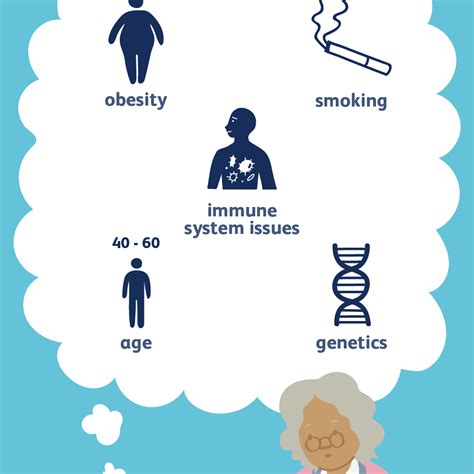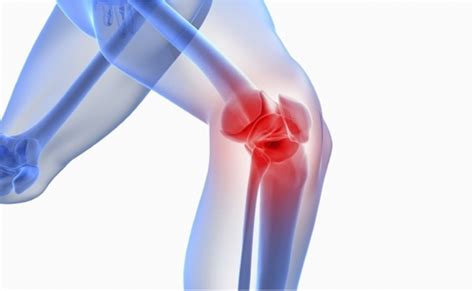Herniated or slipped discs in the lumbar spine area are relatively common, particularly for individuals in middle age. However, the symptoms may be unexpected. As explained by HSS spine surgeon James E. Dowdell III, MD, this condition often affects the buttocks, legs, and feet more than the back.
Degenerative disc disease (DDD) signifies that the intervertebral disc has experienced degenerative, arthritic changes. These changes might lead to significant spinal problems and may occur alone or alongside other lumbar disorders, such as a herniated disc. While lumbar (lower) spine discs are commonly affected, disc degeneration can happen in any part of the spine. The location of the affected discs determines whether degenerative disc disease causes intermittent or chronic pain in the back or neck.
A herniated lumbar disc is a term for a change in a spinal disc in the lower back. This occurs when there’s a tear in the disc’s tough, outer fibrocartilaginous layer (annulus fibrosus), allowing the gelatinous, inner layer (nucleus pulposus) to leak through the tear. As discs degenerate, the disc tissue flattens and spreads sideways, sometimes causing back or neck pain. This tissue can also press on spinal nerves, leading to pain or weakness. Severe disc degeneration disease may result in nerve damage. Other causes of disc degeneration include osteoarthritis and sudden injury, such as from falling or heavy lifting.
Lumbar spondylosis is an age-related degeneration of the vertebrae and disks of the lower back, often referred to as degenerative disk disease and osteoarthritis. This common condition is characterized by the breakdown of one or more of the spine’s disks.

For more detailed information, you can visit these sources:
HSS
USC Internal Medicine
UTHealth Neurosciences
HSS Lumbar Spine FAQs
OHSU Spine Center
UTHealth Lumbar Spondylosis


